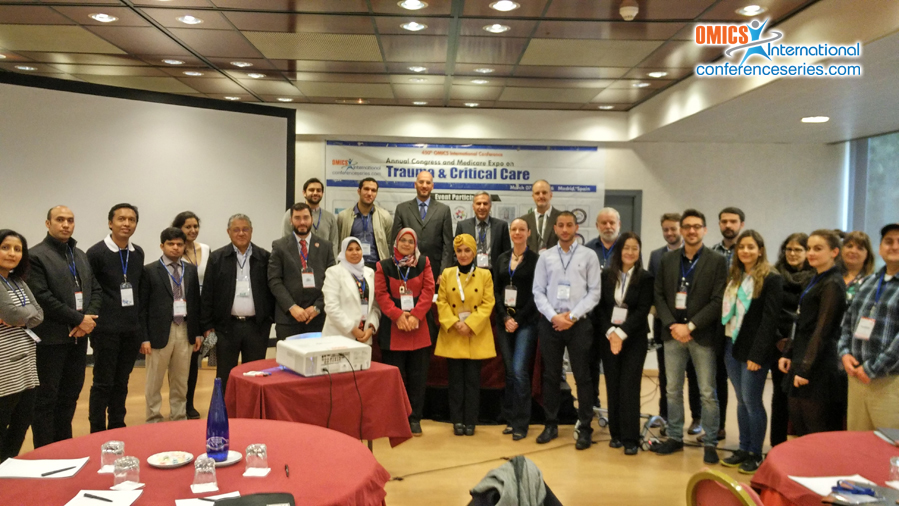
Seham A.Elgamal
King Saud bin Abdul-Aziz University for Health Sciences, Saudi Arabia
Title: The effect of a designed triage management protocol on complications and hospital stay among patients with blunt abdominal trauma, at a University Hospital in Egypt
Biography
Biography: Seham A.Elgamal
Abstract
Abdominal trauma is a leading cause of morbidity and mortality among all age groups. So, it is essential to understand the nature of injury (blunt/penetrating) and the affected abdominal organs to avoid complications in the recovery period. The aim of the study was to evaluate the effect of a designed triage management protocol on the complications and the length of hospital stay among patients with blunt abdominal trauma. The sample was comprised of 60 male and female patients (30 study and 30 control). Three tools were utilized for data collection in addition to structured interviews and direct nursing care for the patients were utilized. The results revealed that, in relation to traumatic complication`s signs and symptoms, the study subjects were having relatively low complications as compared to control group. The improvement was obvious in: nausea & vomiting (6.7% vs 26.7%), fever & wound infection (43.3% vs 76.7%), and abdominal distention & absent/diminished bowel sound (36.7% vs 67.7%), dyspnea (26.7% compared to 36.7%), and abdominal pain, rigidity, guarding and tenderness (73.3% vs 93.3%) respectively. In relation to length of hospital stay the mean number of hospital stay period is 4.9+2.9 & 5.8+3.7 of the study and control group subjects. Significant relationship was found between complications and hospital stay with (P<0.01, P<0.05) among study and control group subjects. Conclusion, despite the differences documented between the two groups, no statistical significant differences were found between the two groups in relation to complications and hospital stay.






